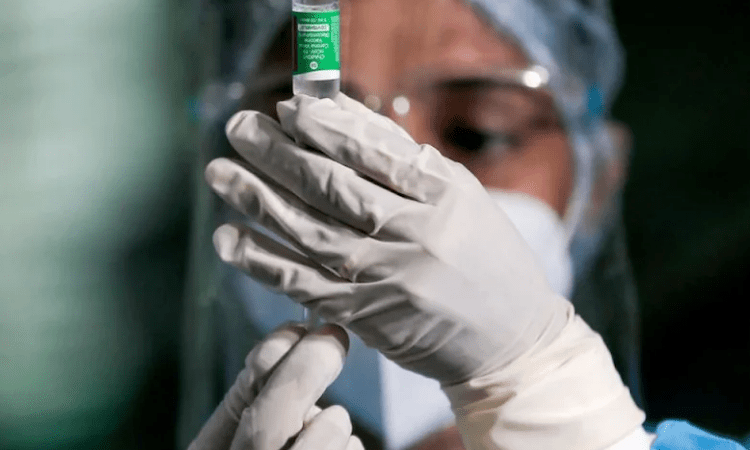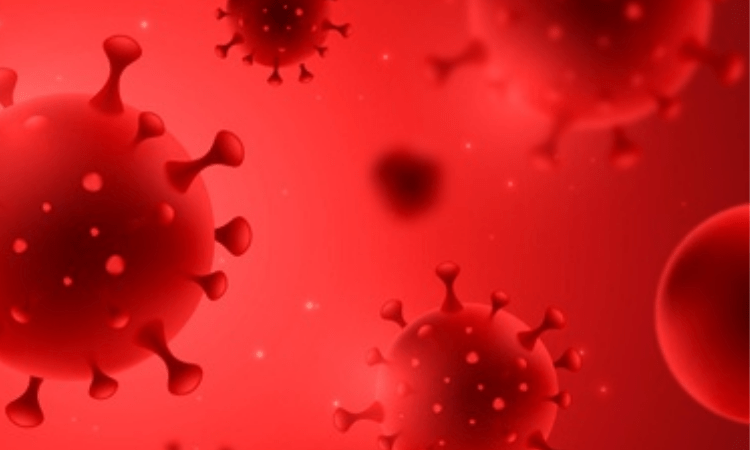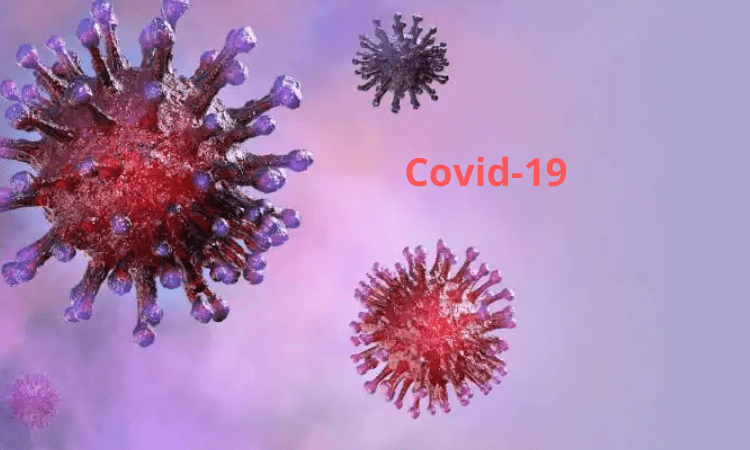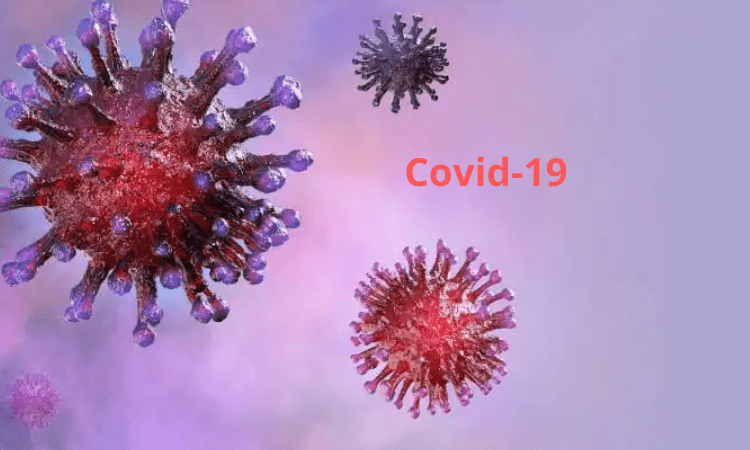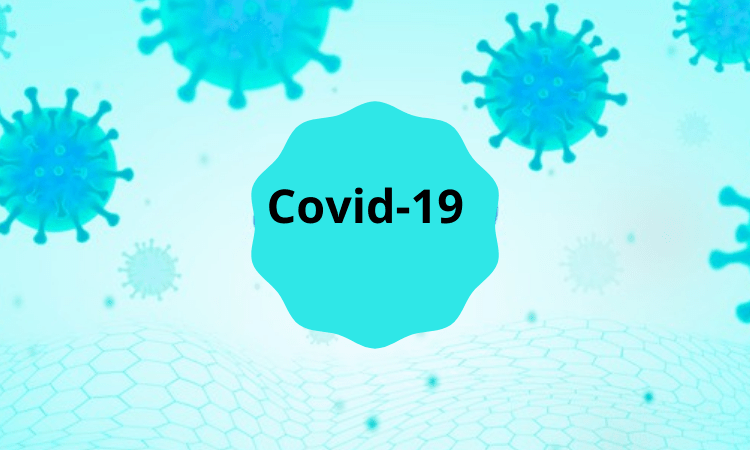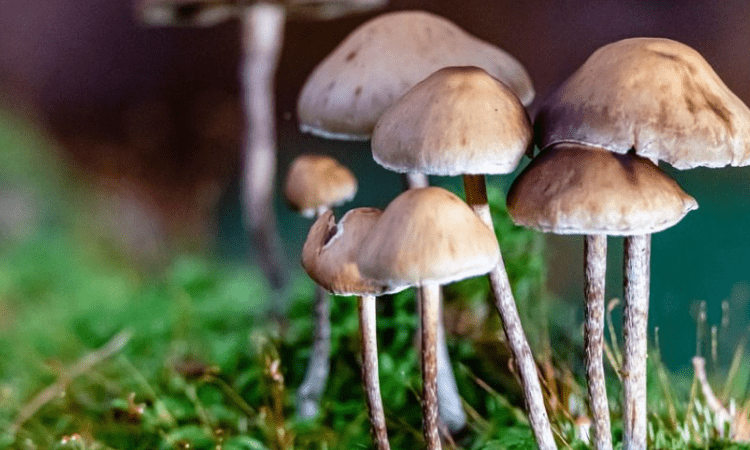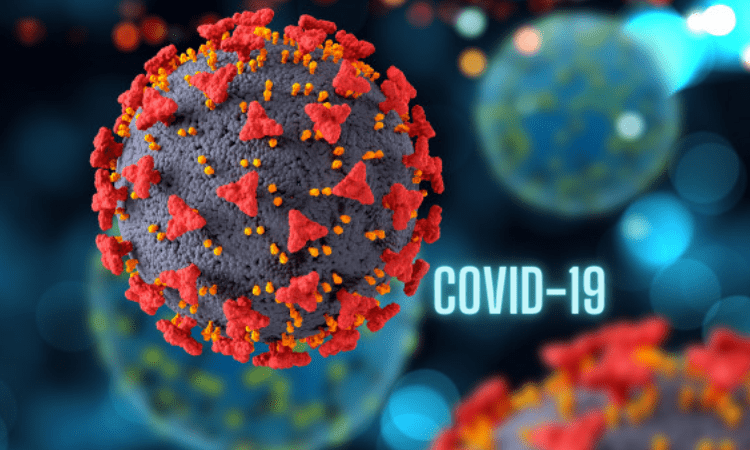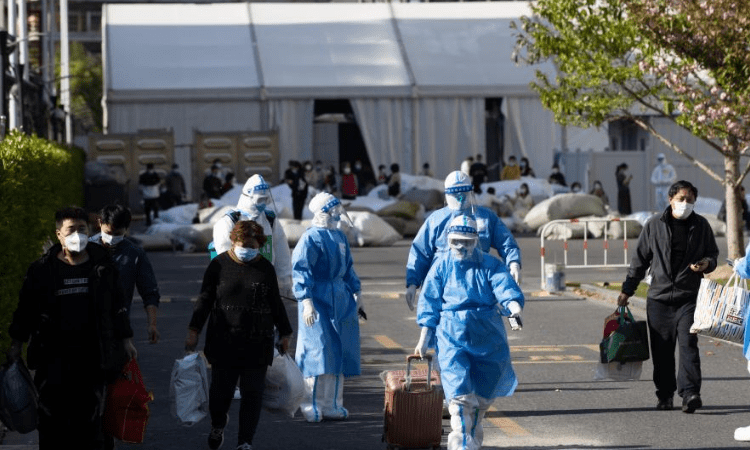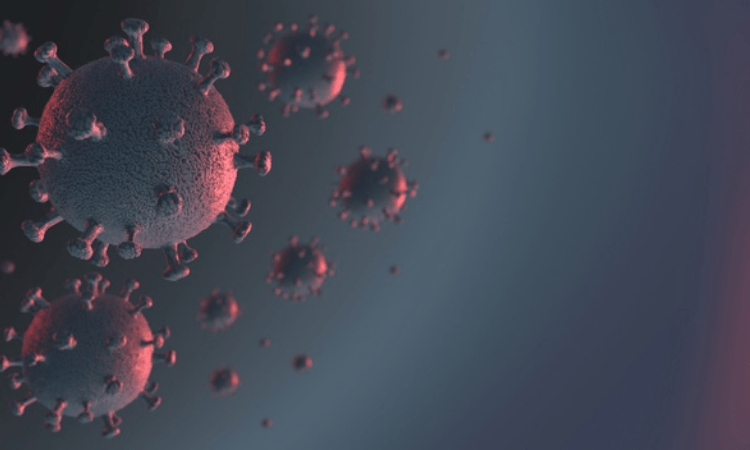Researchers have developed a plasma-based disinfectant generated with the help of cold atmospheric pressure plasma (CAP) that can act as a green de-contaminant for Covid-19.
The Covid pandemic had brought forth the urgent need for de-contaminants that can limit the spread of infectious diseases through contact. However, most de-contaminants consisted of chemicals that are hazardous to the environment.
This encouraged the researchers’ team to look for greener alternatives. They demonstrated that the plasma generated by cold atmospheric pressure (CAP) has the potential to deactivate the SARS-CoV-2 spike protein, which binds to the human ACE2 receptor for inducing viral infection and subsequent Covid-19.
Plasma, the fourth state of matter which makes up most of the universe, when produced in controlled conditions in the lab is termed Cold Atmospheric Pressure Plasma (CAP). The scientists passed plasma forming gases such as Helium, Argon, and Air through a high voltage electric field, which led to the formation of a stable plasma with a mixture of ions, and electrons emitting a pink glow of CAP inside the reaction chamber.
The scientists’ team included Kamatchi Sankaranarayanan, Mojibur R. Khan, and H Bailung from the Life Sciences and Physical Sciences divisions from the Institute of the Advanced Study in Science and Technology (IASST), an autonomous research Institute of the Department of Science and Technology (DST) at Guwahati, Assam.
This research was recently published in the international journal of the RSC (Royal Society of Chemistry) Advances showed that “short-lived highly reactive oxygen and nitrogen species (ROS/RNS) generated in the plasma led to complete deactivation of the SARS-CoV-2. Spike protein occurs within two minutes of CAP treatment. The RT-PCR analysis has also established that CAP can deactivate the RNA of the SARS-CoV-2 virus.”
The researchers showed that the CAP, a plasma-based disinfection method is a better alternative to environmentally hazardous chemical-based decontamination methods. “The cold atmospheric plasma is environmentally safe since, during the entire decontamination process by plasma treatment, no chemical waste is produced,” the study said.
The lead authors Sankaranarayanan and Bailung said the disinfection method could further be extended for various bacterial or fungal infections.
The research was conducted at the Covid-19 testing and research facility of IASST, which according to director Ashis K. Mukherjee, has carried out more than 1.54 lakhs tests to date.


